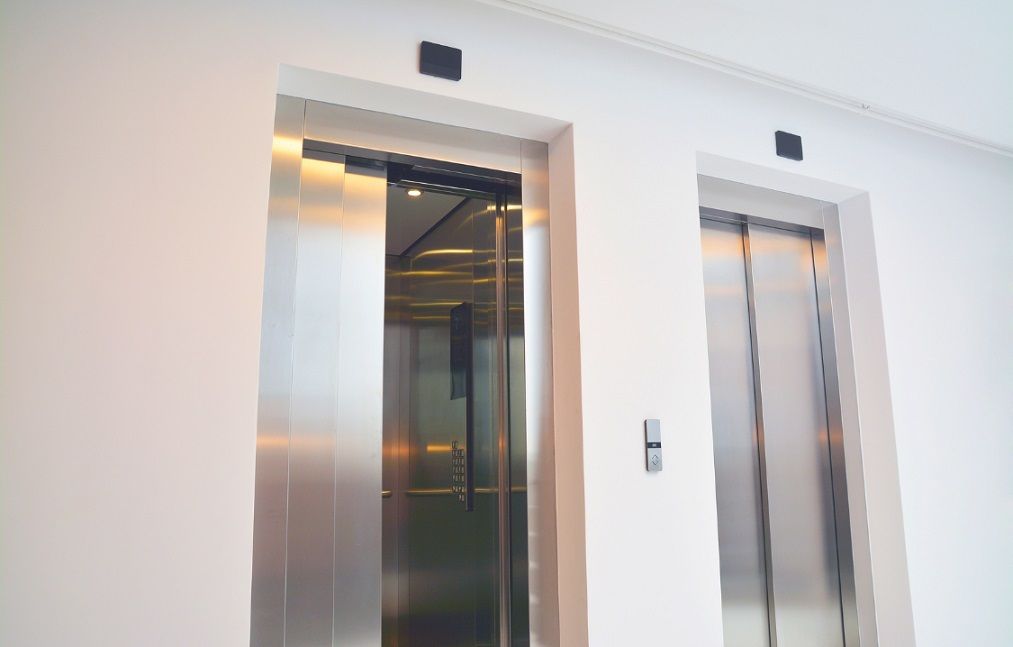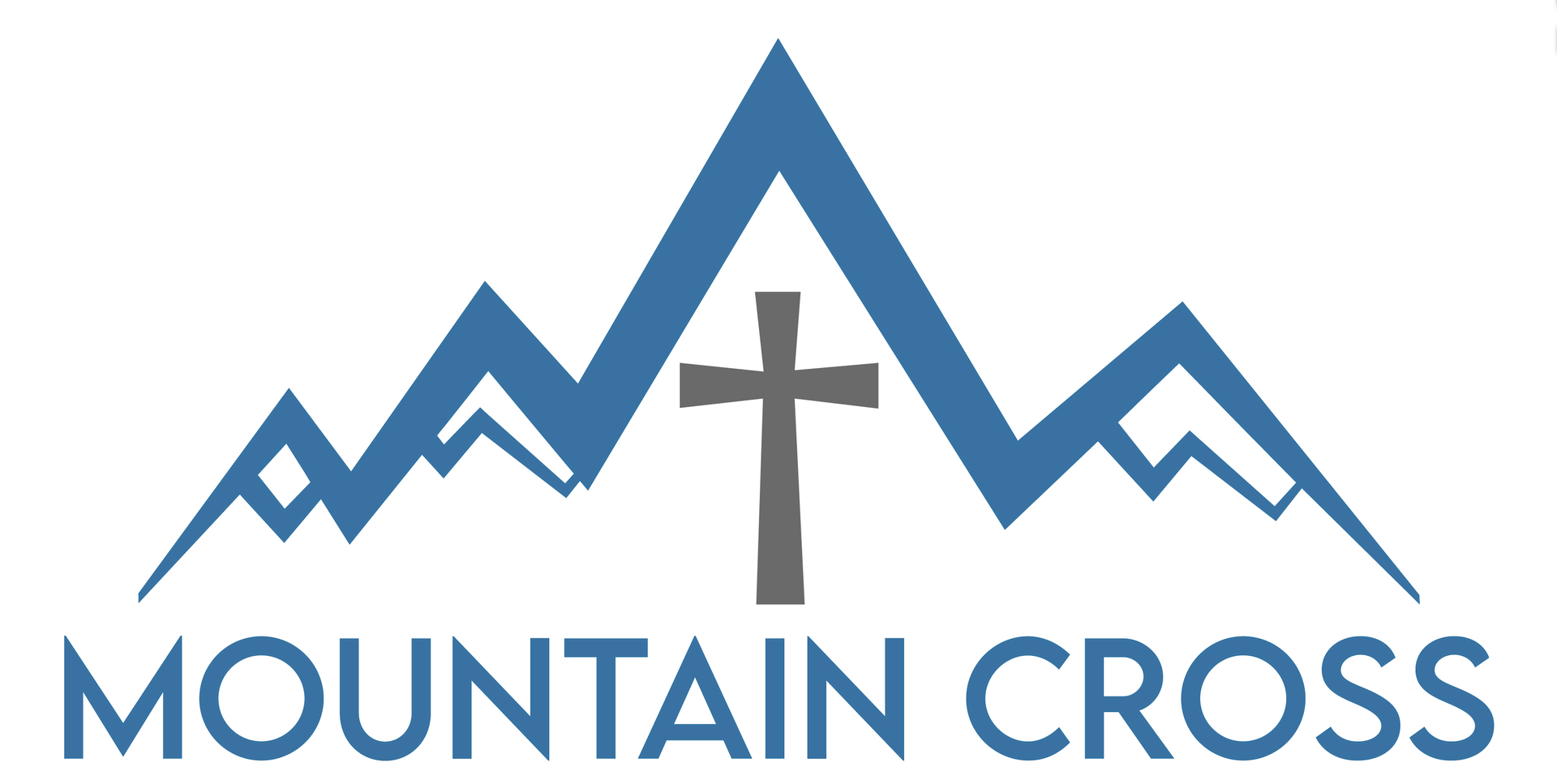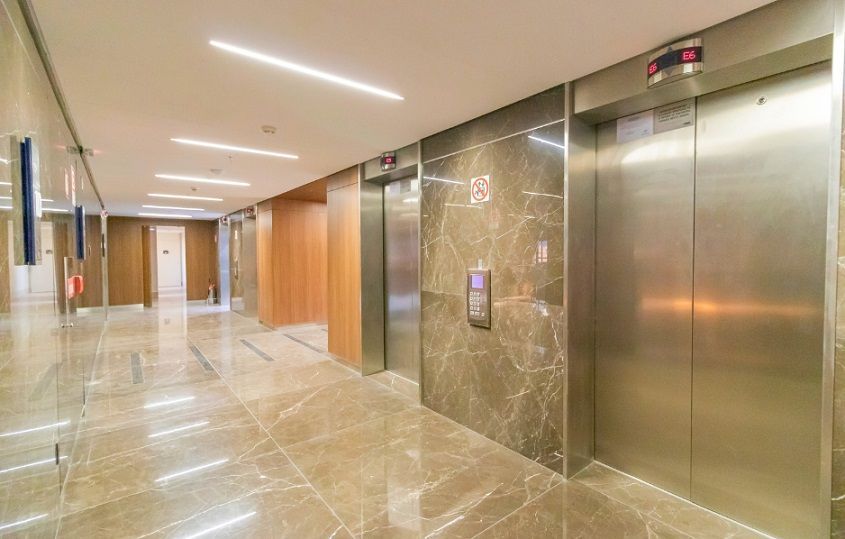Locations
Denver, CO


Whether you are a business owner, architect, or project manager, we are here to assist you. Elevate your inquiry by filling out the form below. Provide us with some initial details about your project, and we'll get back to you promptly with a customized elevator solution.
Elevator Consulting in Denver: Expert Solutions for Commercial and Industrial Properties
In Denver, elevators aren’t just part of the building—they’re part of the daily flow. From downtown office towers to sprawling industrial sites, they keep people and goods moving without a second thought. At Mountain Cross Consulting, we’ve spent decades helping property owners make sure those systems stay safe, reliable, and up to code.
No two buildings are the same, and we don’t treat them like they are. Some need a full modernization plan, others just a sharp eye on compliance or a tune-up to improve performance. Our work covers it all—system audits, upgrade planning, code reviews, and practical fixes that keep elevators running at their best across the Denver metro area.
We know the local regulations, the common pitfalls, and the smart ways to stretch a maintenance budget. Every recommendation we make is grounded in the reality of your building, not a generic checklist. The goal is simple: keep your elevators safe, smooth, and dependable for the long haul.
Comprehensive Elevator Consulting Services in Denver
Across Denver, we work with property managers and building owners who need their elevators to run without drama. Some call us in for a quick system check, others for a full modernization plan. We’ve handled both ends of the spectrum—and everything in between.
Our work might mean digging through a system’s history, spotting small issues before they turn into big ones, or making sure a project stays on track from the first meeting to the final inspection. Compliance checks, performance tweaks, upgrade planning—it’s all part of the mix. The aim is simple: elevators that do their job, day after day, without you having to think twice about them.
Commercial Elevator System Audits and Performance Optimization
A good elevator should feel effortless to ride—but behind that smooth trip is a lot of moving parts that need to work in sync. When we audit a system, we go beyond a quick once‑over. Our consultants dig into the details, checking how fast the cars travel, how the doors behave, and whether the ride feels as it should from start to finish.
We look closely at the big components—motors, controllers, cables, safety gear—because even a small fault in one area can ripple through the whole system. Every finding goes into a clear, plain‑language report, along with practical recommendations you can act on.
When it comes to optimization, our aim is simple: shorter waits, lower energy use, and longer equipment life. We study how people actually use the elevators, then fine‑tune dispatch settings and car assignments so the system runs smarter, not harder.
Modernization and Elevator Upgrade Planning
Every building has its own quirks, and that means no two modernization projects look the same. We start by taking a close look at your existing equipment—figuring out what’s still solid, what’s showing its age, and what needs to be replaced outright. The goal is to match upgrades to your building’s needs and your budget, without adding unnecessary extras.
Modernization can cover a lot of ground: updating control systems, replacing drive units, refreshing cab interiors, upgrading door operators, and adding new safety features. Each step is planned with both performance and compliance in mind.
We also run cost‑benefit comparisons so you can see exactly where your investment will have the most impact. From there, we map out a phased schedule that keeps the work moving while minimizing disruption for tenants and visitors.
Code Compliance and Regulatory Review
Elevator codes aren’t static—they change, and staying ahead of those changes is part of keeping a building safe and legal. Our team keeps up with Denver’s local requirements and the ASME A17.1 safety standards, so nothing slips through the cracks.
When we run a compliance audit, we look for anything that could put your system—or your occupants—at risk. That means checking fire safety systems, testing emergency communication devices, reviewing accessibility features, and making sure maintenance records and testing certifications are in order.
If we find an issue, you won’t just get a list of problems. We lay out clear, practical steps to fix them, so you know exactly what needs to happen next to bring your elevators back into full compliance.
Vendor and Project Management
We oversee elevator maintenance contractors and modernization projects to ensure quality work and timely completion. Our project management services include contractor selection, bid evaluation, and work quality monitoring.
We review maintenance logs and repair records to verify proper service delivery. Regular site inspections ensure work meets specifications and safety standards.
We coordinate with building staff and contractors to minimize tenant disruption during projects. Progress reports keep stakeholders informed of project status and milestone achievements.
Industrial and Specialized Elevator Solutions
In Denver’s manufacturing plants, warehouses, and other heavy‑duty facilities, elevators often face tougher demands than those in standard commercial buildings. That’s where our team at Mountain Cross Consulting steps in. We work with complex, high‑capacity systems, putting safety and reliability at the top of the list.
Our approach blends strict
safety protocols with hands‑on testing and smart, long‑term maintenance planning. Every system we service gets a tailored program—because in industrial settings, one size never fits all. The result is equipment that runs smoothly, meets regulations, and stands up to the daily grind.
Industrial Elevator Risk Assessment and Safety
In heavy‑duty environments, elevator safety isn’t something you leave to chance. Our team takes a close, methodical look at each system—checking the big components, the structural integrity, and how the equipment actually performs under real‑world conditions. Advanced diagnostic tools help us spot issues early, but it’s our trained eye that connects the dots.
Every assessment ends with a clear, prioritized safety report. That might include upgrades to emergency stop systems, improvements to control panels, better safety protocols for staff, or steps to bring the setup in line with OSHA requirements.
Because no two industrial sites operate the same way, we build safety programs around the specifics of your environment. That means looking after both the machinery and the people who run it—keeping operations smooth, compliant, and as safe as they can be.
Load Testing and Equipment Reliability
Elevators in busy buildings don’t get much downtime, so knowing they can handle the load—literally—is critical. Our team runs performance tests under different conditions to see how the system holds up, not just when everything’s running smoothly, but when it’s pushed closer to its limits.
We carry out both static and dynamic load checks, put emergency brakes through their paces, and assess how the drive system responds under strain. Structural integrity gets the same attention—because even the strongest components can wear over time.
Every test is done with calibrated equipment, and the results aren’t just filed away. We keep detailed records, flag anything that needs attention, and make sure you’ve got the documentation to stay compliant. It’s a process built for reliability, not just a box-tick.
Maintenance Planning Strategies
Keeping industrial elevators running smoothly takes more than just fixing things when they break. We build maintenance schedules around real data and the way your equipment is actually used, so downtime stays low and the machinery lasts longer.
For some sites, that means quick weekly safety checks. Others need monthly mechanical inspections, quarterly performance reviews, and a deep, top‑to‑bottom assessment once a year. The mix depends on the system and the demands placed on it.
We work with facility managers to plan service during quieter hours, so operations aren’t thrown off. Along the way, we keep an eye on the life cycle of every critical part, flagging replacements before they fail. It’s a proactive approach that saves time, money, and headaches down the line.
CALL US TODAY
224-500-0321
Frequently Asked Questions (FAQs)
Elevator consulting covers a lot of ground—from safety checks to planning major upgrades—and every step has a clear process and measurable results. Over the years, we’ve noticed the same questions come up time and again from building owners and managers who want to make smart, informed choices for their properties.
What services are typically offered by elevator consulting firms?
We provide comprehensive elevator system evaluations, modernization planning, and maintenance oversight. Our services include detailed safety inspections, performance testing, and contract reviews.
We assist with vendor selection, project management for new installations, and development of preventive maintenance programs. Each service is customized to match specific building requirements and usage patterns.
How can an elevator consulting service enhance the reliability and safety of my building's elevator systems?
We implement rigorous testing protocols and regular performance assessments to identify potential issues before they become problems. Our preventive approach includes detailed equipment inspections and analysis of operational data.
We develop targeted maintenance strategies based on actual usage patterns and equipment conditions. These strategies maximize uptime while ensuring all safety systems function optimally.
What is involved in the elevator system audit process?
We conduct thorough mechanical inspections of all major components, including motors, cables, and control systems. Our team tests safety devices and emergency systems to verify proper operation.
We review maintenance records and performance data to identify patterns or recurring issues. The audit includes a detailed report with specific recommendations for improvements.
Why is it important to modernize the elevator systems within commercial properties?
In busy commercial buildings, elevators are more than a convenience—they’re part of the daily rhythm. Modern systems bring stronger safety features, smarter controls, and better energy efficiency, which means smoother rides and less wasted power.
Upgraded drives and control panels can cut down wait times and keep traffic flowing, even during peak hours. Newer components are also less prone to breakdowns, which helps reduce repair bills and keeps tenants and visitors moving without interruption.
Modernization isn’t just about performance—it’s also about staying compliant. Updated systems meet current safety codes and accessibility standards, protecting both the building’s occupants and its long‑term value.
How do elevator consultants assist with regulatory compliance and code adherence for elevators?
We track and interpret local, state, and federal elevator regulations to ensure full compliance. Our team conducts regular code compliance reviews and documents all necessary certifications.
We work directly with inspection authorities and maintain detailed records of all compliance-related activities. This includes scheduling required inspections and coordinating any necessary repairs or updates.
What factors should be considered when choosing an elevator consulting firm?
The right consultant can make a big difference in how smoothly your project runs. Look for someone who’s worked on buildings like yours and knows the local codes inside and out. Industry certifications and professional memberships are a plus—they show the consultant is serious about their work and stays plugged into current standards.
Don’t stop at the résumé. Ask about projects they’ve handled that are similar to yours, and follow up with references to get the unfiltered version of how things went. Availability is another big one—if something goes wrong after hours, you’ll want to know they can step in quickly. And through it all, clear, consistent communication can be the difference between a project that runs like clockwork and one that turns into a headache.


